ISE – Integrated Skills in English exams
Transferable skills for study and employment
BATHE’s Integrated Skills in English (ISE) is a contemporary four skills (reading, writing, speaking and listening) qualification recognised by governments and institutions as providing reliable evidence of English language proficiency.
Preparing for ISE helps develops authentic communicative and transferable skills that are required for academic study and employability, such as synthesising information, participating in interactive discussions and presenting on topics of personal interest.
Two exam modules offer flexibility
There are two exam modules – Reading & Writing and Speaking & Listening, which, depending on whether you’re taking the exam in a BATHE Centre in the UK/, or a BATHE Registered Exam Centre anywhere around the world, can be taken together, or separately when you are ready.
Mapped to the CEFR
ISE proficiency levels are calibrated to the Common European Framework of Reference for languages (CEFR) and are available at five levels:
- ISE Foundation – CEFR level A2
- ISE I – CEFR level B1
- ISE II – CEFR level B2
- ISE III – CEFR level C1
- ISE IV – CEFR level C2
